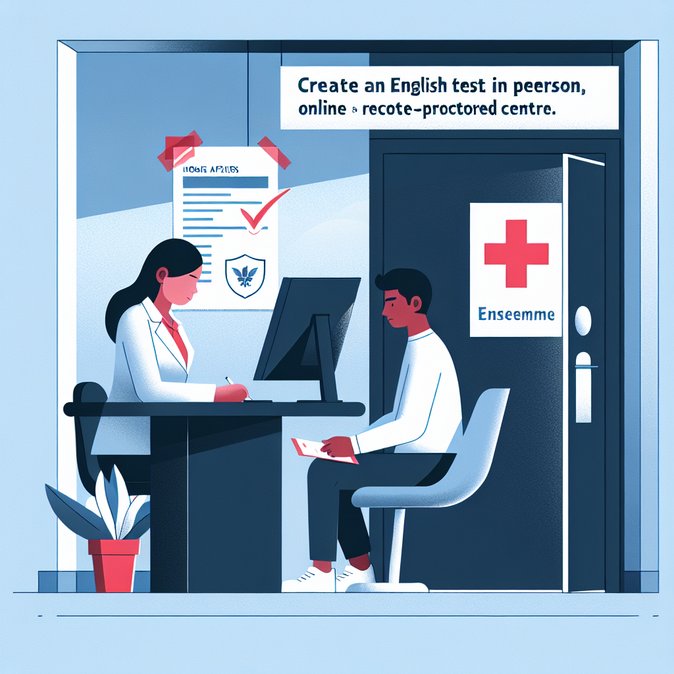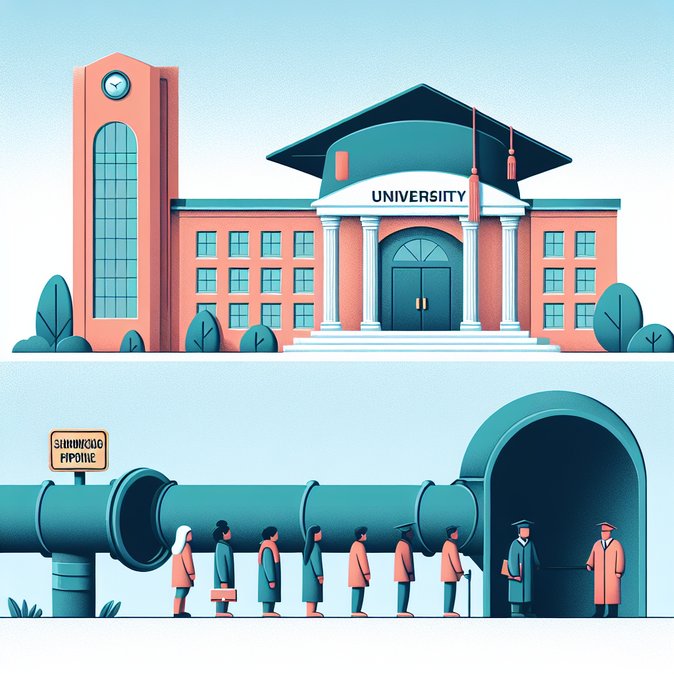
The Department of Home Affairs has finalised long-flagged changes to the way English-language ability is evidenced in visa and migration applications. From 7 August 2025, only results obtained at secure, in-person test centres will be recognised. Remote-proctored or fully online versions of IELTS, TOEFL, PTE, CELPIP, MET and other exams will no longer satisfy visa rules.
Officials say the reform is aimed at restoring “consistency, transparency and integrity” to assessment after a sharp rise in at-home testing during and after the pandemic. Compliance audits undertaken in early 2025 reportedly found wide variations in online testing security and an increase in fraud attempts. By mandating supervised test venues, Home Affairs believes score comparability will improve and identity risks will fall.
![Australia tightens English-language requirements: Only in-person tests accepted from August 2025]()
The approved list of exams remains broad—IELTS (Academic & General, with One-Skill Retake), Cambridge C1 Advanced, CELPIP General, PTE Academic, TOEFL iBT, OET, LanguageCert Academic and the Michigan English Test—but only their centre-based formats will count. Applicants who sat an exam on or before 6 August 2025 keep their two- or three-year validity window, so existing applications are unaffected.
Migration agents are urging corporate mobility teams to update template document check-lists immediately. Candidates planning to lodge skilled, student or partner visas after the cut-off should book centre-based tests well in advance—peak sittings in many cities already sell out months ahead. Employers using global talent and TSS/SID sponsorship pathways will need to factor in longer lead-times when workforce-planning for projects that commence in late 2025 or 2026.
For international education providers, the decision removes the convenience edge of at-home tests but may reassure regulators that language standards are being met. Universities are expected to ramp up on-campus IELTS and PTE sessions to protect conversion rates. Overall, mobility practitioners see the move as another sign that Australia is shifting from the pandemic-era mantra of “faster processing” to a narrower focus on risk management and system integrity.
Officials say the reform is aimed at restoring “consistency, transparency and integrity” to assessment after a sharp rise in at-home testing during and after the pandemic. Compliance audits undertaken in early 2025 reportedly found wide variations in online testing security and an increase in fraud attempts. By mandating supervised test venues, Home Affairs believes score comparability will improve and identity risks will fall.

The approved list of exams remains broad—IELTS (Academic & General, with One-Skill Retake), Cambridge C1 Advanced, CELPIP General, PTE Academic, TOEFL iBT, OET, LanguageCert Academic and the Michigan English Test—but only their centre-based formats will count. Applicants who sat an exam on or before 6 August 2025 keep their two- or three-year validity window, so existing applications are unaffected.
Migration agents are urging corporate mobility teams to update template document check-lists immediately. Candidates planning to lodge skilled, student or partner visas after the cut-off should book centre-based tests well in advance—peak sittings in many cities already sell out months ahead. Employers using global talent and TSS/SID sponsorship pathways will need to factor in longer lead-times when workforce-planning for projects that commence in late 2025 or 2026.
For international education providers, the decision removes the convenience edge of at-home tests but may reassure regulators that language standards are being met. Universities are expected to ramp up on-campus IELTS and PTE sessions to protect conversion rates. Overall, mobility practitioners see the move as another sign that Australia is shifting from the pandemic-era mantra of “faster processing” to a narrower focus on risk management and system integrity.
More From Australia
View all
Senator Jacinta Nampijinpa Price withdraws from ‘Put Australia First’ anti-immigration rallies after link to UK activist Tommy Robinson

Government activates new Ministerial Direction to slow offshore student-visa processing once universities hit 80 % of target
